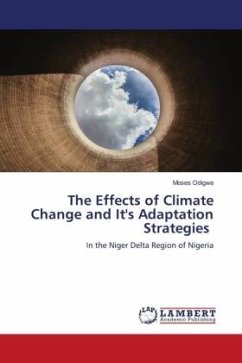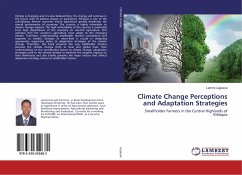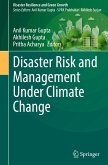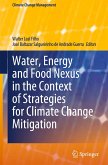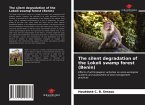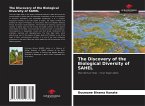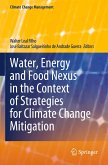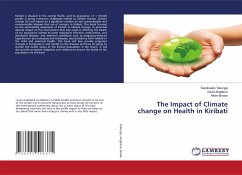This study examined the effects of climate change and its adaptation strategies on the inhabitants of the Niger delta region. The study utilised survey and ex-post facto designs in this study. Primary and secondary data were collected for the data analyses. The primary data were generated using questionnaire, while the secondary data were accessed from archival records of the Nigerian Meteorological Agency (NiMet) for the period 1925-2018 and Climate Research Unit (CRU) of University of East Anglia. The data were analyzed using one-way analysis ofvariance (ANOVA), multiple linear regressions (MLR), and the Welch and the Brown-Forsythe tests. The study revealed that the adaptation strategies applied at various localities in the region included improved seedling, climate insurance, restriction of settlements, improved forecast and information. The study recommended, intensifying the campaign on climate change and the consequences therefrom, intensifying the fight against air pollution, Community based approach to climate change management, such as public lectures, fines for defaulters and giving of climate change agricultural grants.
Bitte wählen Sie Ihr Anliegen aus.
Rechnungen
Retourenschein anfordern
Bestellstatus
Storno

